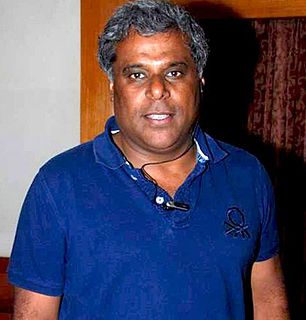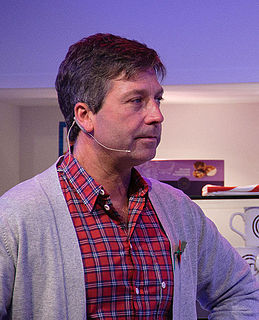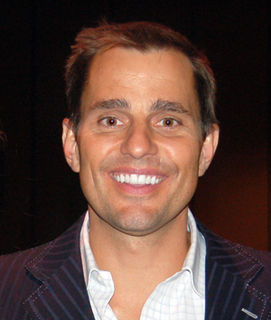A Quote by John Zorn
Discipline is important as long as you're having a good time. What I always did was I did what I enjoyed, and I think that's why I don't have any grey hairs.
Related Quotes
[Being judge] is about being honest and giving everybody a fair shot and telling them what you think. Sometimes it's good and sometimes it isn't. It's more important to be honest than say things to make people feel better. I don't think you have to be rude, but I think you have to be honest. But I think it's really important to be specific: Here's what you did that was great and why. And here's what you did that wasn't great and why.
My father did lots of things. He had an orange-juice factory. He did real estate. He did commercial selling. He was always up and about doing all sorts of weird and wonderful things and being adventurous. I always admired his self-discipline. He was very good at getting everything done. He was very tidy.
All art involves conscious discipline. If one is going to paint, do sculpture, design a building or write a book, it will involve discipline in time and energy — or there would never be any production at all to be seen, felt or enjoyed by ourselves or others. To develop ‘Hidden Art’ will also, of course, take time and energy – and the balance of the use of time is a constant individual problem for all of us: what to do, and what to leave undone. One is always having to neglect one thing in order to give precedence to something else. The question is one of priorities
I was a bartender for a long time, so I know how to make drinks, but I'm more likely to offer them than to have them. I think this is one of the reasons why I get to live longer than my great-grandmother did, and why I get to produce more writing than she did, and why my marriage isn't in dire straits.
People said things they didn't mean all the time. Everybody else in the world seemed able to factor it in. But not Lena. Why did she believe the things people said? Why did she cling to them so literally? Why did she think she knew people when she clearly didn't? Why did she imagine that the world didn't change, when it did? Maybe she didn't change. She believed what people said and she stayed the same." (Lena, 211)







































